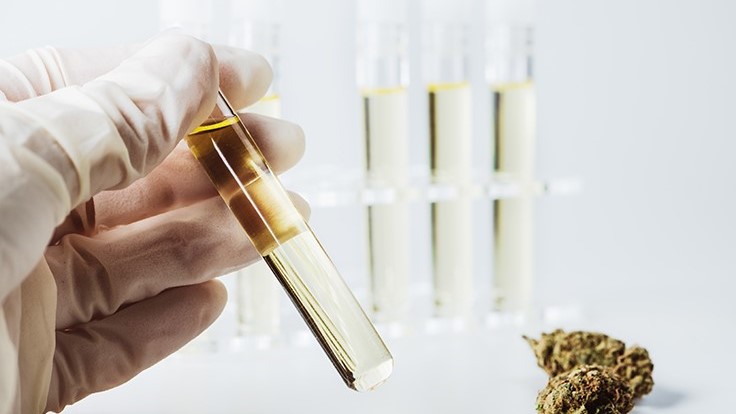Cannabis potency doubles across Europe over 11-year period
The potency of cannabis has soared across Europe, with data revealing consumption rates to be double what they were a decade ago.
Published in the journal Addiction, the study was carried out by researchers from the University of Bath and King’s College London.
A primary study was conducted across the continent 10 years ago. By comparing the results, researchers have discovered a sharp spike in cannabis potency, both resin and herbal.
As a consequence of this, there is concern that consumers may be exposed to much higher rates of THC (tetrahydrocannabinol). This is a psychoactive constituent of the cannabis plant and it has, in the past, been associated with psychosis.
The study on cannabis potency demonstrated how, in herbal cannabis, THC concentrations rose from five percent in 2006 to 10 percent in 2016.
The strength of cannabis-derived resin THC concentrations did not really change between 2006 and 2011. A rapid rise in cannabis potency was then noticed in the ensuing years, with the strength increasing from 10 percent in 2011 to 17 percent in 2016.
Cannabis potency study indicates price increase
Consumers can expect to pay more for herbal cannabis now than they might have back in 2006. The study on cannabis potency also spotlighted changes in price.
According to the European study, a gram of herbal cannabis would have set you back €7.36 per gram in 2006. That’s around $8 USD. Fast forward a decade and the per-gram price rose to €12.22. Additionally, per-gram cannabis resin prices rose from €8.21 per gram to €12.27 per gram within the same period of time.
Based on discoveries uncovered as a result of police seizures in the United Kingdom, THC levels have greatly increased in cannabis resin, whereas herbal cannabis THC levels remained steady from 2006-2016.
“These findings show that cannabis resin has changed rapidly across Europe, resulting in a more potent and better value product,” said Dr. Tom Freeman.
Freeman led the study, which was made possible thanks to funding from the Society for the Study of Addiction. He works at the University of Bath’s Addiction and Mental Health Group; specifically, the Department of Psychology.
New production techniques attributed to rising cannabis potency in Europe
The increase in cannabis potency was attributed to modern production techniques across Europe and Morocco. While an increase in the non-psychotropic medicinal compound CBD (cannabidiol) would be welcomed, increasing THC levels are causing concern among researchers.
“CBD has the potential to make cannabis safer, without limiting the positive effects users seek,” Freeman said. “What we are seeing in Europe is an increase in THC and either stable or decreasing levels of CBD, potentially making cannabis more harmful.”








